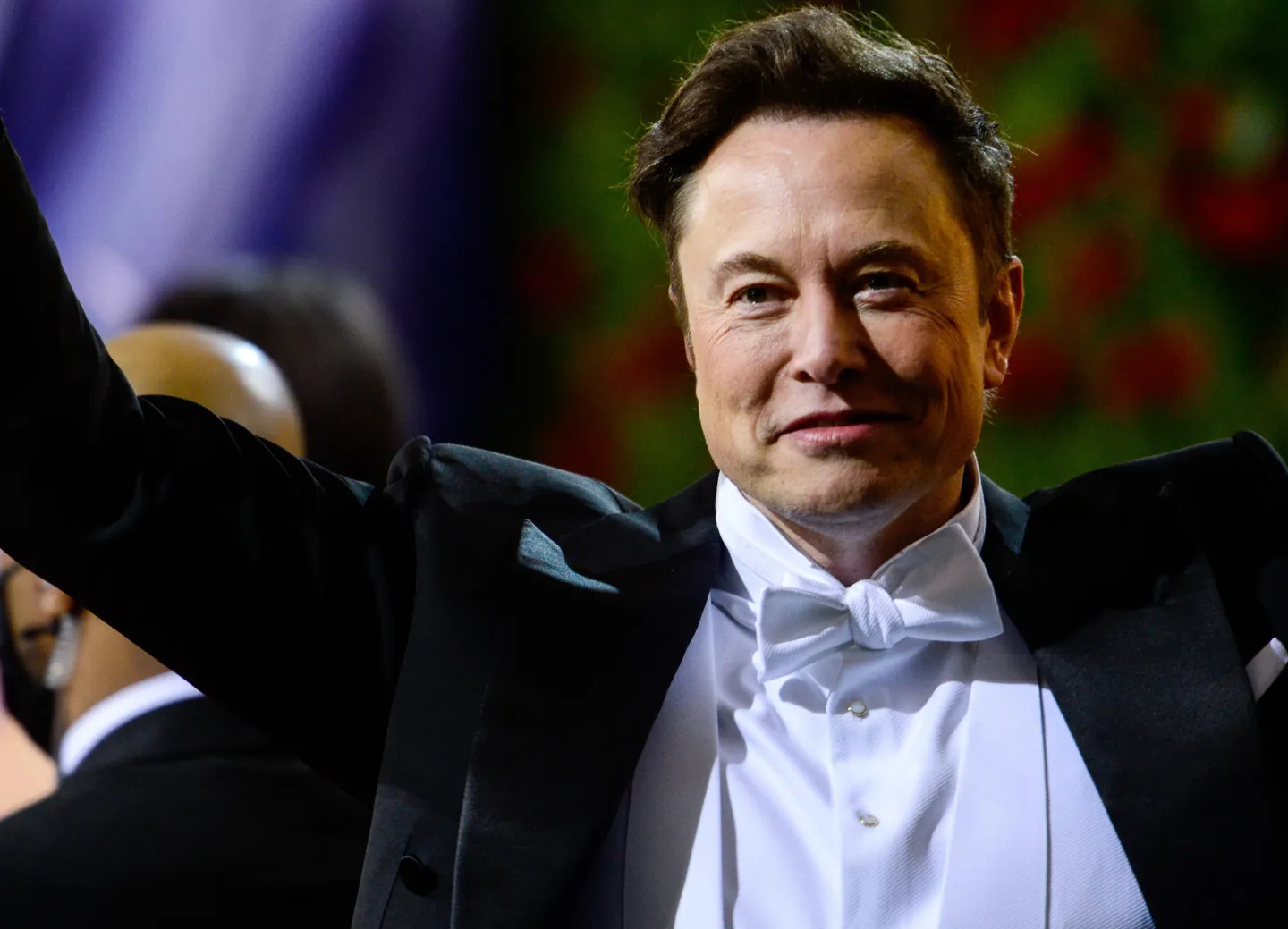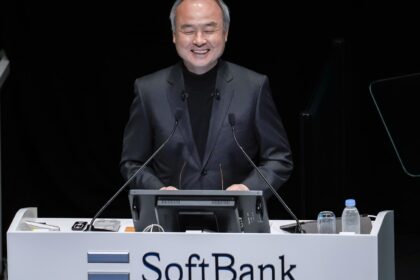Elon Musk has moved to shore up confidence in both Tesla Inc. and his own leadership by purchasing $1 billion worth of Tesla stock, a bold maneuver that comes just weeks after the company’s controversial executive pay proposal rattled investors and regulators alike.
A Strategic Response to Pay Backlash
Tesla’s board recently unveiled a pay structure designed to secure Musk’s long-term commitment, echoing the record-breaking compensation package he received in 2018. That deal—worth tens of billions—has been challenged in court, with critics calling it excessive and misaligned with shareholder interests.
In response to mounting scrutiny, Musk’s $1 billion stock buy signals both his personal confidence in Tesla’s trajectory and his willingness to put his own capital at risk. Analysts say it’s a shrewd counterpunch to critics who claim he’s enriching himself at the expense of shareholders.
Why the Stock Buy Matters
Musk has long tied his fortunes to Tesla’s success, but this purchase marks one of his largest personal commitments in recent years. It sends three clear signals to markets:
- Vote of confidence – Musk is betting big that Tesla’s stock, down significantly from its 2021 peak, will rebound.
- Shareholder alignment – By putting more of his own wealth into the company, Musk is reinforcing his stake alongside ordinary investors.
- Narrative shift – The move changes the conversation from executive pay excess to founder-led belief in Tesla’s long-term value.
Market Reaction
Following the announcement, Tesla shares ticked higher in pre-market trading, reflecting renewed optimism among investors. While some skeptics argue the move is more symbolic than material given Musk’s immense fortune, many see it as an important step to calm market jitters.
“This isn’t just about money—it’s about optics,” said one Wall Street strategist. “Investors want reassurance that Musk is still all-in on Tesla, and this buy provides exactly that.”
Tesla’s Broader Challenges
Despite the symbolic boost, Tesla faces a difficult road ahead. Key challenges include:
- Slowing EV demand in core markets like the U.S. and Europe.
- Rising competition from Chinese automakers such as BYD and Nio.
- Margin pressures driven by price cuts and volatile battery costs.
- AI and autonomy bets that remain long-term projects rather than near-term profit drivers.
Musk’s stock purchase may bolster confidence in the short term, but the company still needs to demonstrate strong fundamentals to sustain investor enthusiasm.
Musk’s Calculated Gamble
Musk’s move also comes as he juggles leadership of multiple ventures—including SpaceX, X (formerly Twitter), Neuralink, and The Boring Company. Critics worry his attention is stretched too thin, potentially undermining Tesla’s ability to deliver on ambitious promises in AI, robotics, and energy storage.
By doubling down financially, Musk is making a statement: despite his sprawling empire, Tesla remains central to his vision and legacy.
Looking Ahead
The $1 billion stock purchase won’t resolve all of Tesla’s controversies, nor will it erase the regulatory and legal challenges tied to Musk’s pay. But it resets the narrative at a pivotal moment, offering reassurance to investors that the world’s richest man is still personally betting on Tesla’s future.
For a company whose valuation often hinges as much on faith in its founder as on its balance sheet, Musk’s gamble may prove to be the lifeline Tesla needs to navigate its latest storm.







